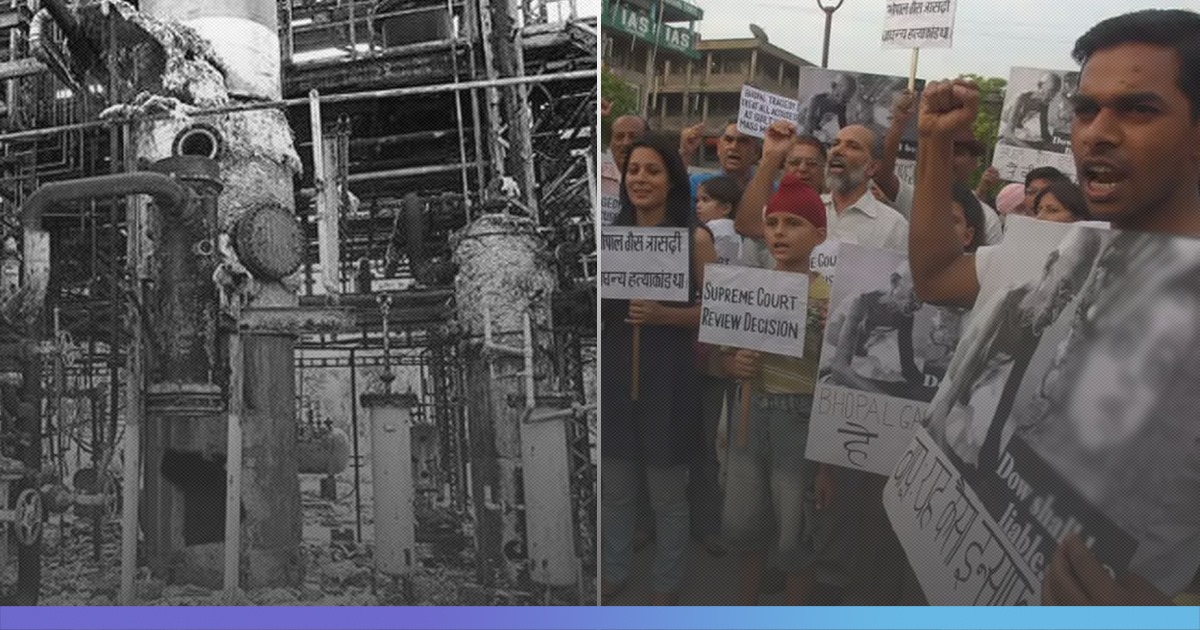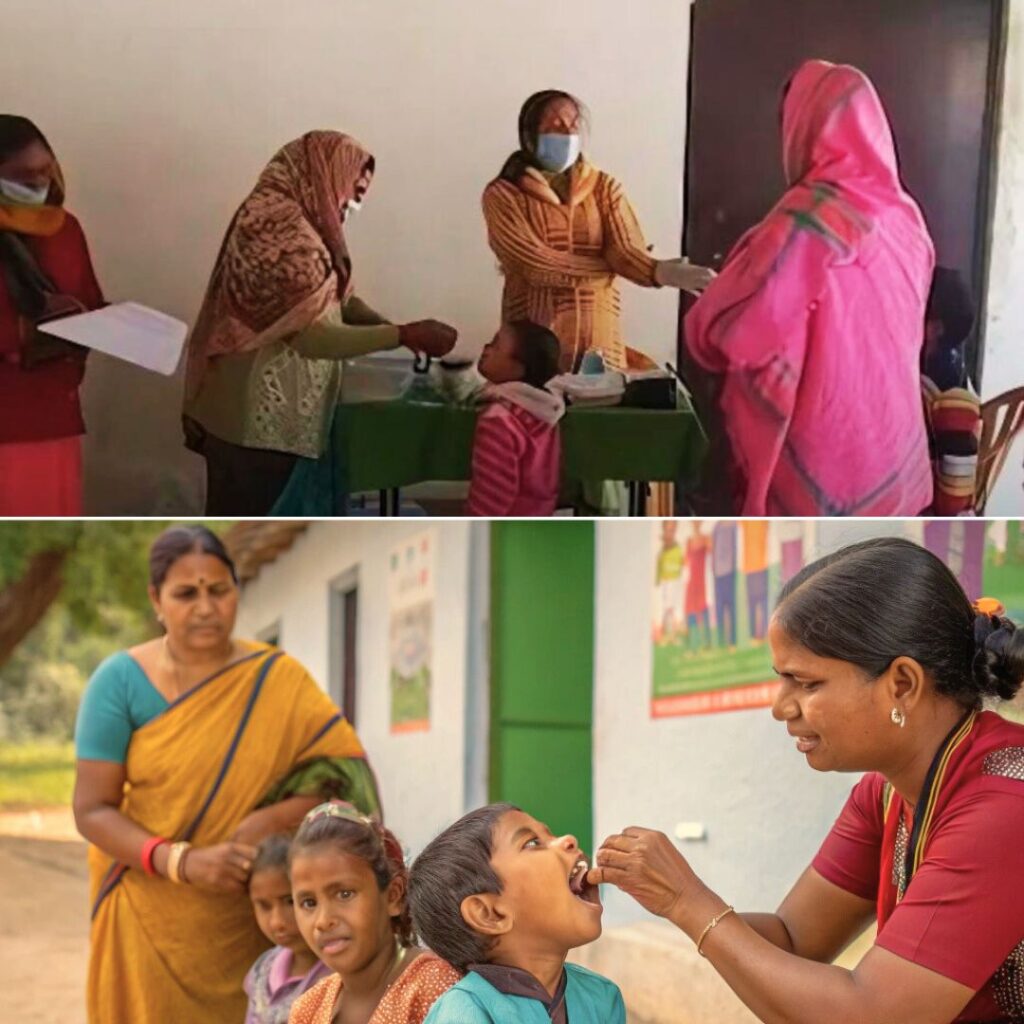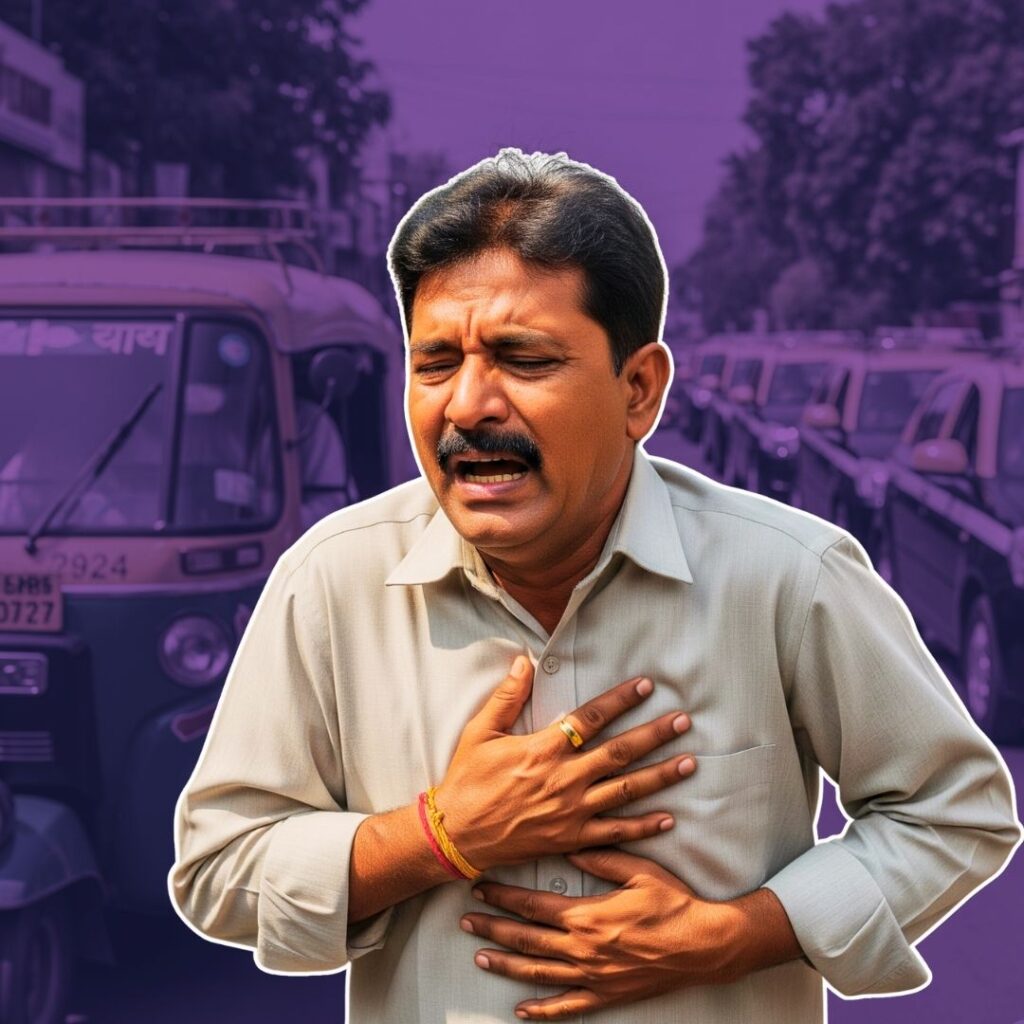Just a few days ahead of the 35th anniversary of Bhopal Gas Tragedy, four organisations from the state charged the central and state government of conspiracy of hiding the information. They allege that the government has been continuing to conceal information about the consequences of Bhopal Gas Tragedy and about companies of Dow Chemicals and Union Carbide.
Bhopal Gas Peedit Mahila Stationery, Bhopal Gas Peedit Mahila Purush, Bhopal Group for Information and Action Sangharsh Morcha, and Children Against Dow Carbide are the organisations campaigning against the government. They presented several documents to support their charges in the press meeting on 28 November.
In the press meeting, they revealed the documents obtained under RTI on suppression of findings of a study conducted by the Indian Council of Medical Research (ICMR) that can explain the reason why there needs to be additional compensation slapped at the companies responsible for the tragedy.
“The documents we have obtained from NIREH (National Institute for Research on Environmental Health) this year show that its parent organization, the ICMR decided to not publish the results of a study that found birth defects in babies of gas exposed mothers to be several times higher compared to those of non-exposed mothers,” said Rachna Dhingra a member of the Bhopal Group for Information and Action speaking to ANI.
Ruma Galgalekar, a principal investigator found out through the documents that nine per cent of 1084 babies born to mothers who were exposed to the gas had congenital malformations. 1,247 babies born to mothers who were unexposed to the gas have only 1.3 percent of malformation.
The documents also revealed that in the 7th Scientific Advisory Committee (SAC) meeting in December 2017, the members raised several concerns on high incidences of malformations in kids recorded in the study. And hence, they decided to refer to an expert group to review the data.
And in the expert’s group meeting in April 2018, it was decided that this information should not be put out in the public domain as it has inherent flaws and errors.
In the 8th SAC meeting in October 2018, the members agreed not to put the information out in the public domain or share it on any platforms as their results are erroneous.
The organisations ranted against this alleging that the government has not taken steps to address this negligence. “If the study design was indeed flawed, how was it approved at three successive meetings over two years? If indeed mistakes have been made, why hide them from people? And why has there been no fresh proposal to do the study properly,” questioned Rashida Bee, President of Bhopal Gas Peedit Mahila Stationery.
Also Read: We Forgot But He Didn’t, Bhopal Gas Tragedy Victim Who Fought For Others Dies At 64











